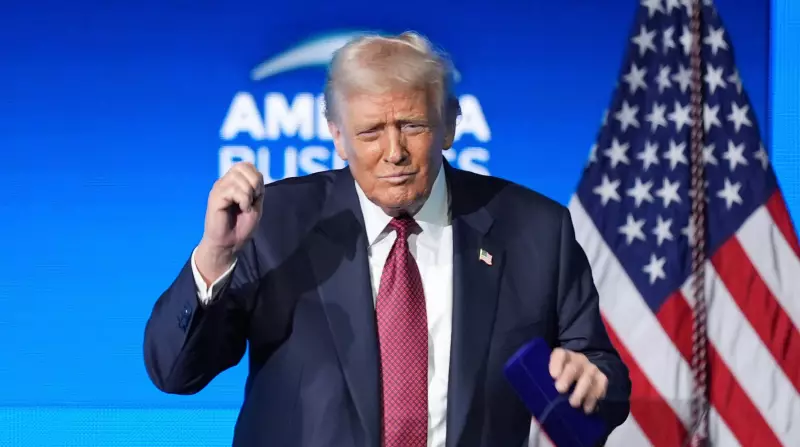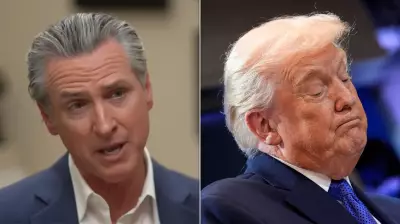
In a recent campaign appearance that left many scratching their heads, former President Donald Trump appeared to confuse South Africa with South America while discussing immigration and global affairs.
The geographical mix-up occurred during a speech where Trump was attempting to criticize current immigration policies. "We have people coming in from South Africa, from everywhere, from South America, from everywhere," Trump stated, seemingly unaware that South Africa is, in fact, a country within the African continent rather than part of South America.
Context of the Confusion
The error came during a broader discussion about immigration patterns and global mobility. Political analysts noted that this isn't the first time Trump has struggled with geographical accuracy during public addresses.
What makes this particular gaffe noteworthy is that it occurred while discussing serious policy matters, raising questions about the former president's grasp of basic world geography.
Immediate Reactions
Social media platforms quickly lit up with reactions to the geographical confusion. Many users expressed concern about a potential world leader mixing up entire continents, while others defended it as a simple slip of the tongue.
Political opponents seized on the moment, suggesting it demonstrates a pattern of factual inaccuracies that could have implications for foreign policy understanding.
Pattern of Geographical Errors
This incident joins a list of previous geographical confusions attributed to the former president. Throughout his political career, Trump has occasionally misidentified countries and their locations during public appearances.
Such errors often become focal points for both critics and supporters, highlighting the intense scrutiny surrounding political figures' knowledge of international affairs.
Broader Implications
The timing of this geographical mix-up is particularly significant as election season intensifies. Voters and political analysts alike are paying close attention to candidates' understanding of global geography and international relations.
As the campaign trail continues, such moments are likely to be carefully examined by both supporters and detractors seeking to understand candidates' preparedness for handling complex international matters.






